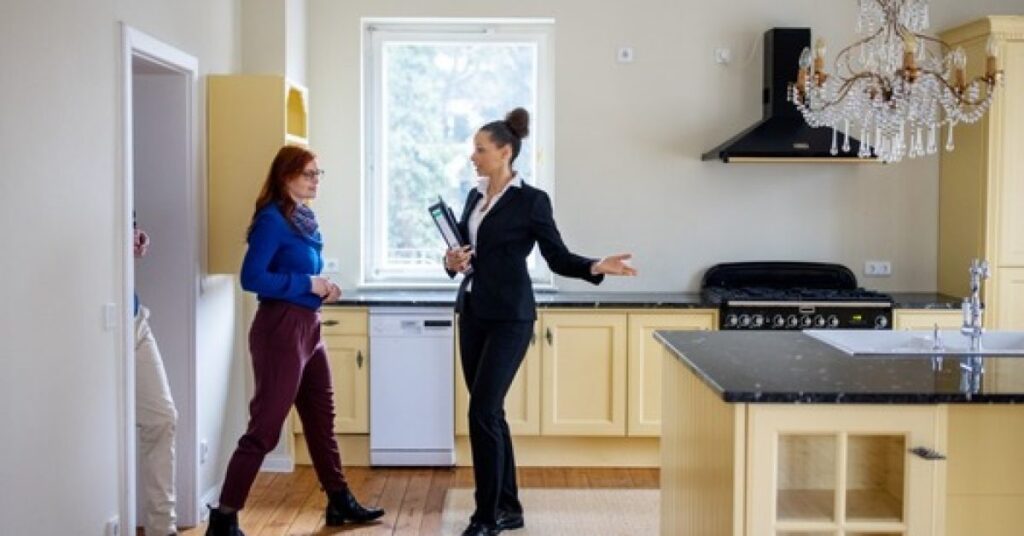Whether you are just beginning your property-purchase journey, or adding to your portfolio, a common stressor is determining how much to offer and how to put your best foot forward when there is competition. As we arguably enter a slightly better buyers’ market than the start of the year (house price growth as a national average has stagnated or declined and listings are up year-on-year), there may be more time to breathe and consider your approach to putting in an offer.
An important thing to keep in mind is to only ever bid within a range you know you can comfortably afford, regardless of emotional attachment to the property. To determine your comfortable range, it is a good idea to speak with a broker who will calculate your borrowing power and show you how much your repayments will be. It is also important to factor in potential rising interest rates and ensure you have a buffer, so you can be confident you can meet repayments into the future.
You might also consider getting pre-approval for your home loan. This can give you confidence when making an offer by understanding the total amount your chosen lender is likely to approve you for once your bid is accepted.
Once you are aware of your borrowing power and are confident you are comfortable with your potential repayments, the bidding can begin. Here are some quick tips to help you on your bidding journey.
1. Keep an eye on the market. See what other, similar properties in the area are selling for to give you an idea of what is a good deal and what may be overpriced.
2. Reach out for a property report. I can provide this free of charge, showing the approximate value of the property you are interested in and listing other recent sales in the area.
3. Attend open homes. Even if you don’t think you want to bid for that property, it can help to understand demand in the area.
4. Create a shortlist. By having a few homes on the radar you could be less likely to develop an emotional tie to one, which can lead to bidding higher than you were comfortable with.
5. Research the property. It can pay to view your council’s natural disaster maps and flood zones to see if the property could be impacted. You may want to speak to an insurer to get a quote to find out if there are unexpected exclusions for that area, or if statistics such as crime rates could increase the premiums.
If you’re heading to an auction, Ray White Frankston Principal, Ashley Weston gave the following tips.
- Knowing your maximum bid is just one part of being prepared. Knowing how much each extra bid will cost you in weekly repayments can help you make the tough decision of whether to keep bidding or not.
- At an auction there is no cooling off period, the property is sold when the hammer falls. If you are worried about getting too emotional in the auction process you can make someone bid on your behalf, with your instructions to purchase.
- Ensure you know the conditions of the sale before you bid so you know when the property would settle.
- Open the bidding confidently at a respectable price to show you mean business.
- Bid boldly, confidently and don’t show any sign of weakness.
If you’re preparing to make a bid, feel free to reach out for a chat for more tips about determining the amount you can offer and ways to improve your chances of being accepted.








